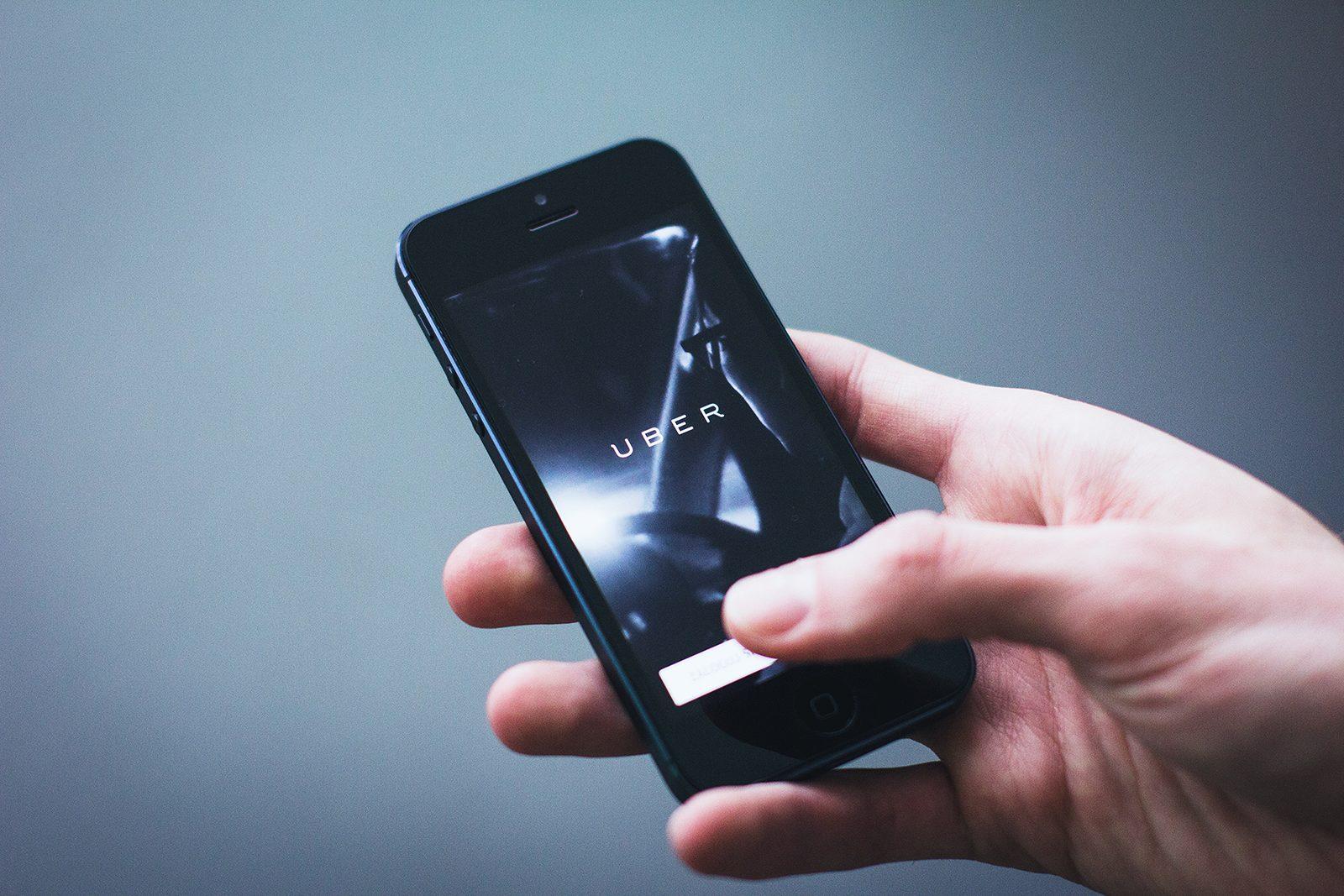After a long night spent at the library or a bar, when a woman calls for a car-hailing service, there is a sense of comfort when the car pulls up and the driver happens to also be woman. The sigh of relief is a knee-jerk reaction, especially when almost every woman has an unpleasant story about “that driver” who happened to be a man. This isn’t to say that women are afraid when their drivers are men. However, there are occasions when a male driver makes female riders uncomfortable and wary of their safety. When most Uber and Lyft drivers are men, this reaction isn’t elicited as often as it should be.
Safr, a Boston-based startup, is attempting to make women, may she be a driver or rider, feel safe and comfortable, according to an article from BostInno. The company provides car-hailing services similar to what Uber does, except its drivers and passengers are all women. It was founded by a past Uber driver who felt the need for female Uber drivers and consumers to be comfortable when they’re in a car, no matter the time or duration of the trip.
In an ideal world, a woman should always feel safe in a car. However, a Forbes report finds that women have been held back from becoming Uber or Lyft drivers because they’re worried about being harassed by passengers. And there are constant streams of women complaining about a creepy male driver who became too personal. It’s heartening to see that Safr is attempting to ensure the ease of mind of all females by guaranteeing their drivers and passengers are the same sex.
At the same time, this application shouldn’t be needed. We should all respect each other enough to know when we’re making someone feel uncomfortable and take measures to stop ourselves from getting to that point. This company, though it only has the best intentions, is victimizing women by saying that women are more comfortable when they’re surrounded by other women.
This is a great option for female drivers who want a female passenger or vice-versa, but it is dismal that this service is needed. We shouldn’t need a version of Uber just for women because they’re afraid of men. If the purpose of this company was to empower women who will change the social norm and the profession that has long been dominated by men, that would be a great step forward for feminism. But it shouldn’t require women to retreat to an exclusive circle of sisterhood instead of making their voice heard.
Again, in an ideal world, everyone — not just women — would feel safe all the time. Living in a cosmopolitan city like Boston, that’s a lot less likely to happen. For women, while it’s easier to find comfort in the sisterhood, the preferred option should be facing their safety concerns head on. Women, like all city residents and as humans in a broader sense, should take the effort to learn how to be smart, how to protect themselves and make sure they feel comfortable before doing anything or going anywhere.
Meanwhile, all car-hailing services should put time into considering safety precautions within mobile applications. Companies such as Uber and Lyft should take on the obligation to educate drivers on how to treat passengers or how to react when passengers are putting them on edge. It’s important for all people involved in the car-hailing service — men or women, drivers or passengers — to feel completely safe while using an app. Rather than releasing a brand new women-only app to address this issue, the existing industry should focus more on safety.


















































































































